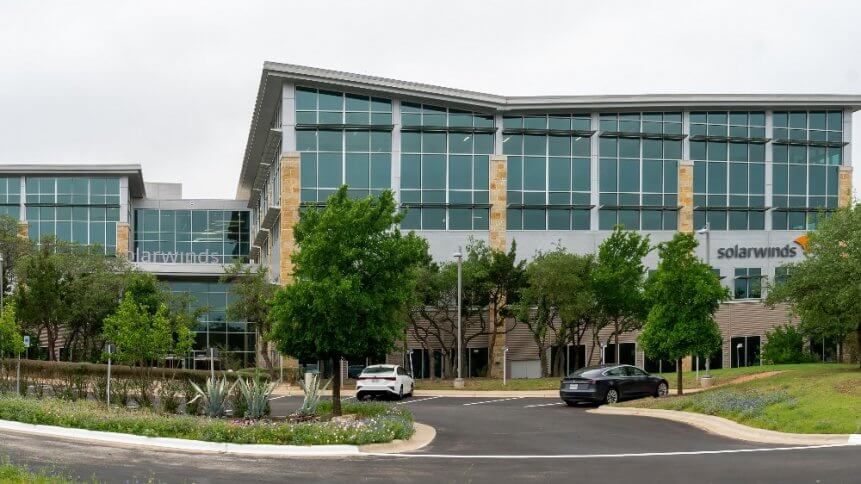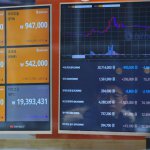Kaseya ransomware attack leads to flourishing demand for MSP security

In a twist of fate, the notorious Kaseya ransomware attack that derailed a multitude of managed service providers (MSPs) and over 1,500 end-users, has now become the catalyst for MSPs to seek for “anything to do with security”, according to Solarwinds security spinoff N-able Technologies.
Canada-based N-able, which provides a full technology stack with integrated monitoring, management, security, and ticketing to over 25,000 MSPs worldwide, was first acquired by fellow MSSP SolarWinds around eight years ago. But following discussions between the two, N-able spun out of SolarWinds and filed for an IPO this year. The decision to spinoff N-able was made shortly before the crippling malware attack on SolarWinds and its clients early this year that saw more than 100 companies attacked and 18,000 left vulnerable by the hack.
N-able President and CEO John Pagliuca said during the firm’s first earnings call since the spinoff that the MSP technology company will prioritize security above all else – along with offering its integrated remote monitoring, management tools, and security data protection to its MSP and small and medium enterprise clients.
Pagliuca says that in the wake of the Kaseya ransomware attack in early July that compromised about 60 MSPs and 1,500 end-users, investing in security technology had become a priority, and that they were having more discussions with clients about how critical security is in the current climate.
“We’re seeing MSPs take a more holistic approach across their entire SME (small to medium enterprise) estate, and we’re also seeing the SME… they’re understanding the need to invest in this layered security approach,” said Pagliuca in the MSP technology-focused firm’s first earnings call since going public.
He says the conversation has changed around cybersecurity in the past few years, from being viewed as an inconvenience before the pandemic, to now being at the forefront of many service providers’ minds. “It’s not a shared thing or something that people can do as a side priority or focus. It needs to be a dedicated focus,” he elaborated.
And this switch in focus is reflected in what MSPs are demanding from a security provider, according to Pagliuca. “For us, that means we’re seeing backup and disaster recovery, continuity…our cloud-to-cloud backup offering has gotten significant traction [and] endpoint protection continues to outpace our growth.
“We have our traditional antivirus offering but we also have our N-able EDR (endpoint detection and response) offering, and that, I would say, is also outpacing our overall growth. It’s top of mind for the MSPs,” he added.
YOU MIGHT LIKE

US$600 million stolen in biggest crypto hack in history
Because of incidents like the Kaseya ransomware attack, companies like N-able have not only shored up their remote monitoring and management software, but have focused on recovery solutions from such an attack. Focus areas include backup and disaster recovery, cloud backup and endpoint protection as they support the ability to recover from an incident, something both MSPs and SMEs are interested in.
And as the SolarWinds and Kaseya incidents have highlighted, it is not enough to merely secure access for MSP and business partners. Instead, N-able chief Pagliuca says they have been investing in processes and technologies that relate to effective security management for the company as well.
“This includes numerous controls like multi-factor authentication (MFA), privileged access management, centralized logging, 24/ 7 remote monitoring operations, vulnerability identification, and remediation employee training,” highlighted Pagliuca, adding that in addition to MSP partners and their customers, these new investments are there “to protect our company employees” too.









